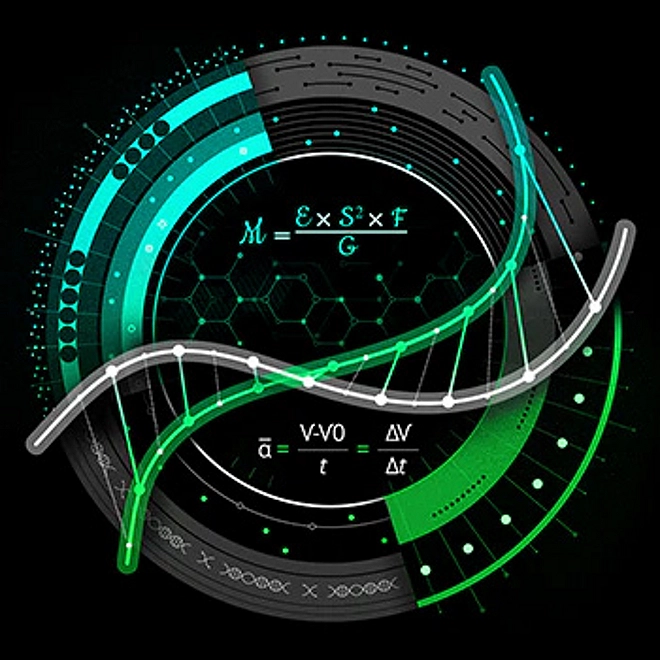Investment Management & Private Equity
Evolving market needs, including regulation and client demands, are changing the way in which investment management firms are doing business. Our global team connects proprietary insights, experience and ecosystems to deliver value and help firms realise stable, sustainable growth.
Deep industry experience to enable growth
Working with some of the largest names in Investment Management, we have a broad, yet deep, level of industry experience across the ecosystem, giving us a fresh, forward-looking perspective. We use this experience to drive a more sustainable, digital and trustworthy financial network—thereby enabling the transition life cycle.
Our Investment Management clients include investment advisers and administrators from each sector of the industry, including asset managers, broker-dealers, banks, private equity firms, insurance companies, mutual funds, investment partnerships, hedge funds, sovereign wealth funds, public pension funds, alternative products and other money managers.
We can provide specialised knowledge and fresh insights into the wide range of operational, technological and regulatory challenges surrounding the industry today. Whether you are in private equity, hedge funds or mutual funds, our Investment Management services can help you to take on challenges and capitalise on business opportunities.
Deloitte can give you an integrated approach to business challenges that combines insight and innovation from multiple disciplines to help organisations excel around the world.





